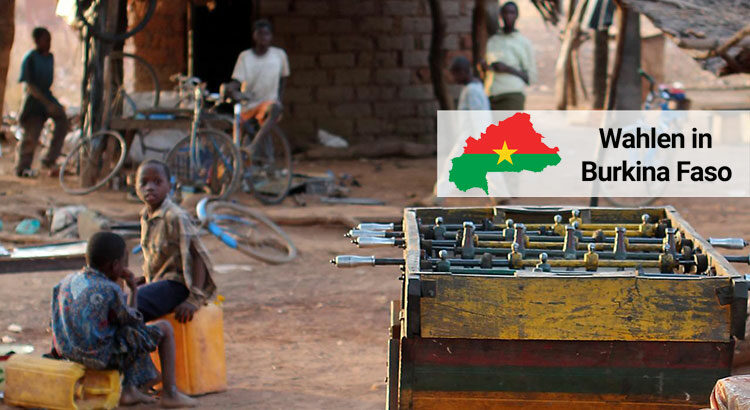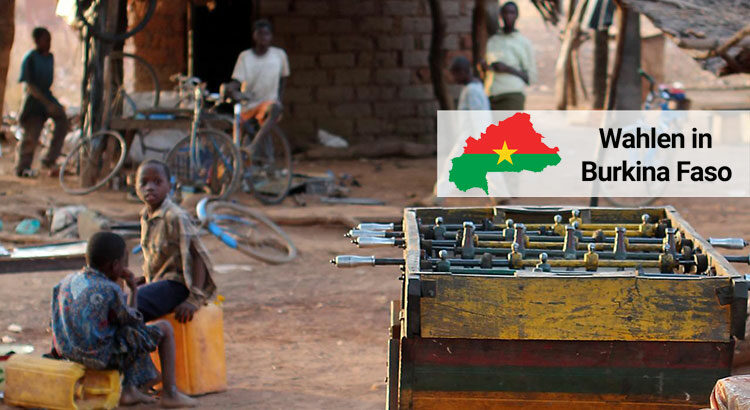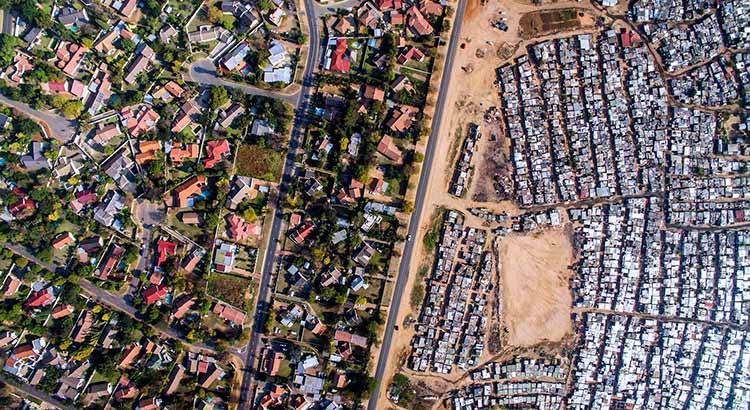Conflicts over climate and energy policy, security and geopolitical dimensions of global decarbonisation, or human and environmental rights violations in global value chains: The current socio-ecological transformation is causing new and exacerbating existing socio-political conflicts that will characterise the 21st century. The new working group on socio-ecological transformation conflicts, which introduces some of its fields of research in this blog series, brings together existing expertise on these conflicts at PRIF.
Schlagwort: Ressourcenkonflikte
„Es gibt wirklich keine Hoffnung oder Erwartungen der Jugend an diese Wahlen.“
Im zweiten Interview der Blogreihe zu den Wahlen in Burkina Faso haben Simone Schnabel und Antonia Witt mit Ouiry Sanou gesprochen. Ouiry Sanou ist langjähriger Aktivist und Generalsekretär der burkinischen Jugendorganisation „Organisation Démocratique de la Jeunesse du Burkina Faso“ (ODJ), die sich der Einhaltung und dem Schutz demokratischer und sozialer Rechte von Jugendlichen in Burkina Faso verschreibt. Sie unterstützt außerdem die AnwohnerInnen in Bergbauregionen im Kampf um Land- und soziale Rechte.
„There is Really No Hope or Expectations of the Youth for these Elections.“
In the second interview of the PRIF blog series on the elections in Burkina Faso, Simone Schnabel and Antonia Witt talked to Ouiry Sanou. Ouiry Sanou is a long-time activist and the secretary general of the Burkinabe youth organization „Organisation Démocratique de la Jeunesse du Burkina Faso“ (ODJ), which is dedicated to respecting and protecting the democratic and social rights of young people in Burkina Faso. It also supports residents in mining regions in their struggle for land and social rights.
Xenophobic violence and spatial inequality in South Africa
In recent violent attacks against African foreigners living in South Africa 12 people were killed. While xenophobic rhetoric has become increasingly normalised in the country’s political discourse, the latest violence has had domestic and international implications. Importantly, this violence must be seen in context of the continuation of South Africa’s colonial and apartheid era structures, which still play a crucial role in most South Africans’ everyday lives. Given that land reform is an unfinished and hotly discussed political project, we argue that intense economic and spatial inequality as remnants of the past are important contributors to recent violence, specifically against foreigners in South Africa.




